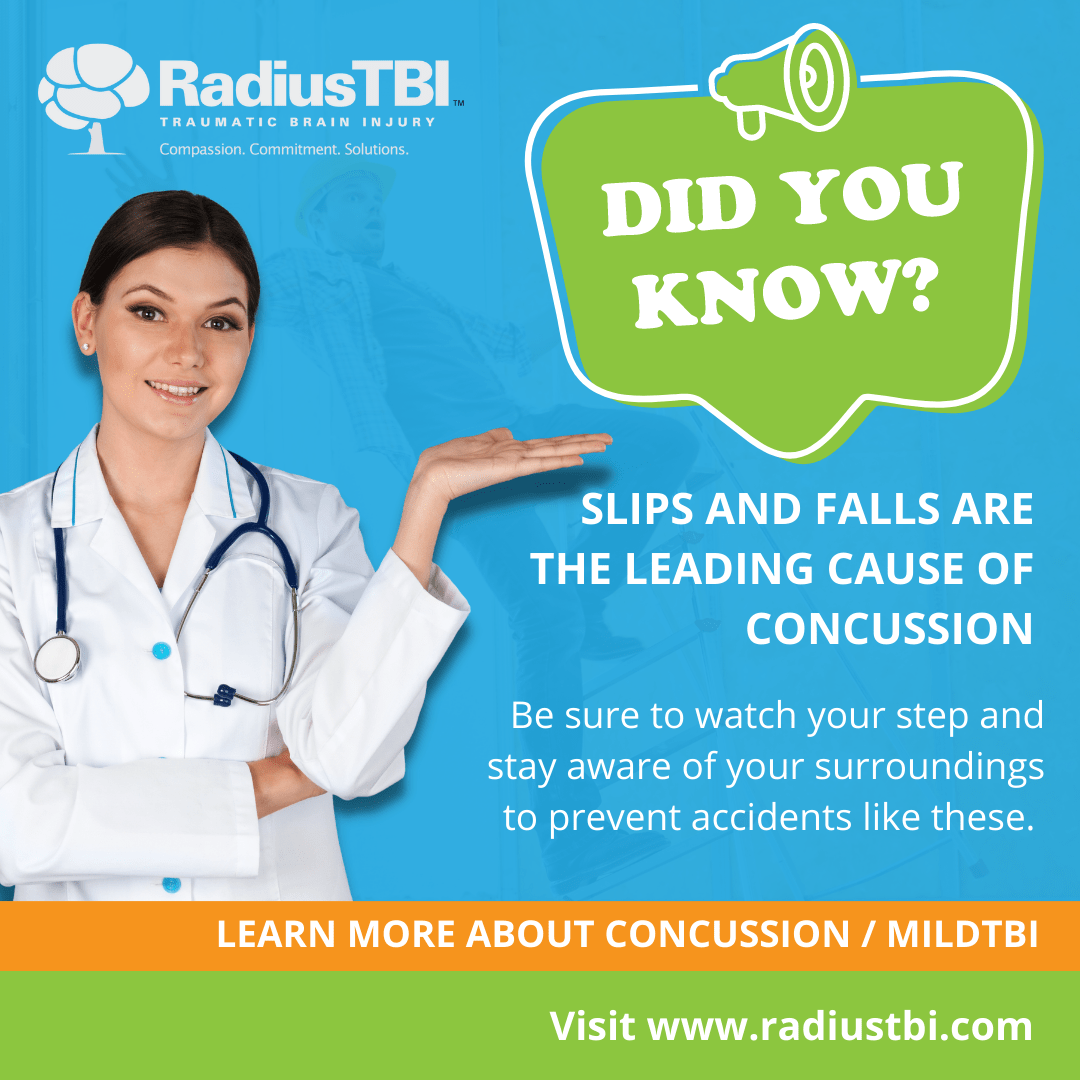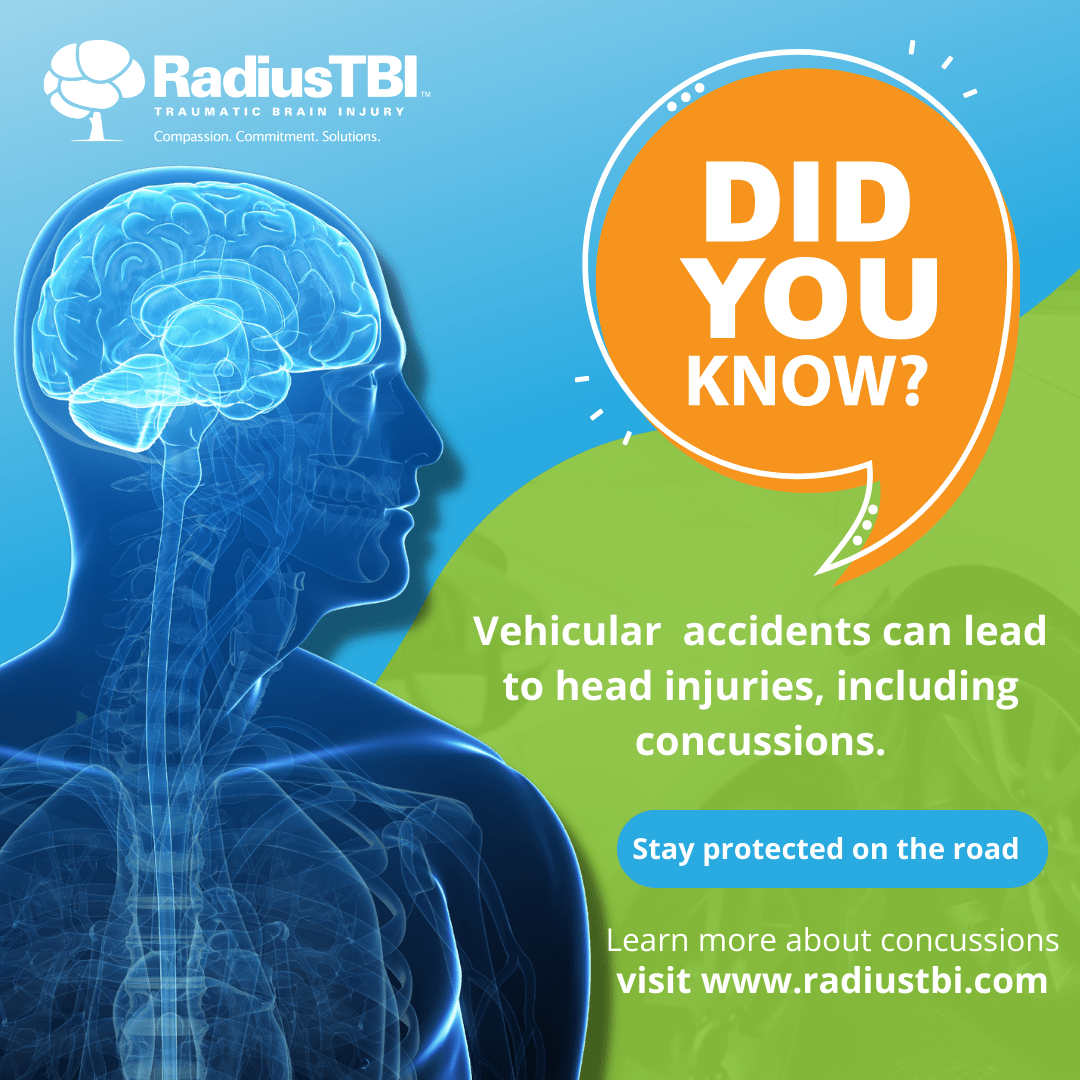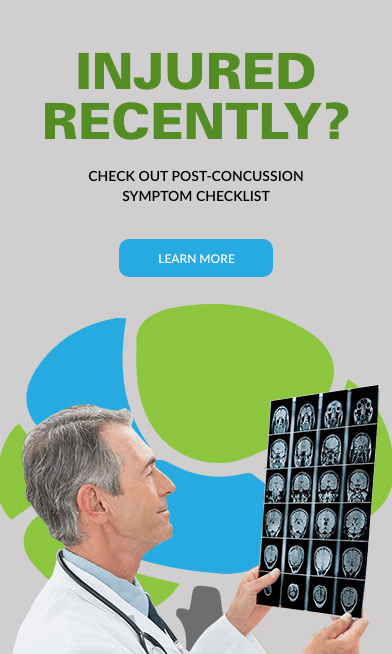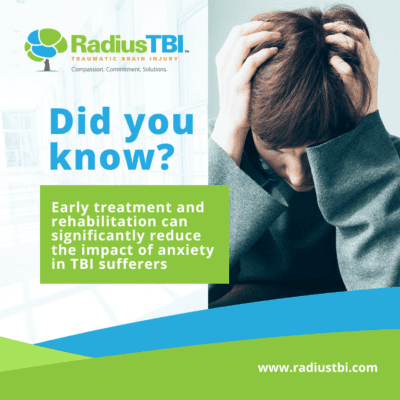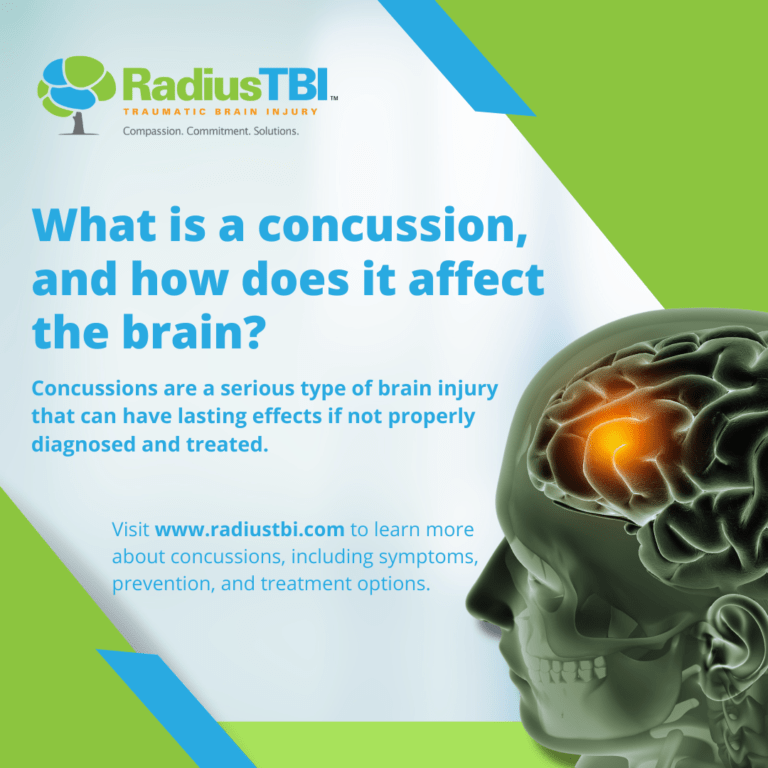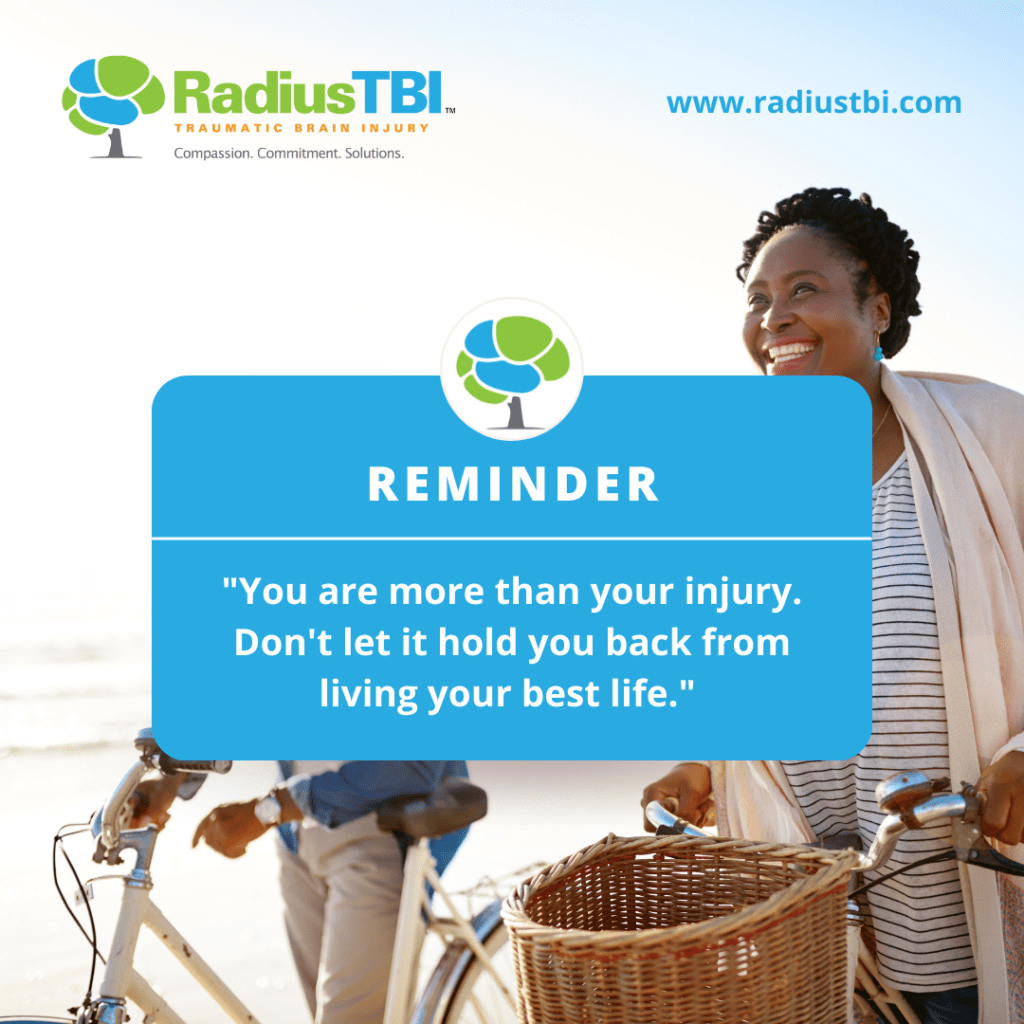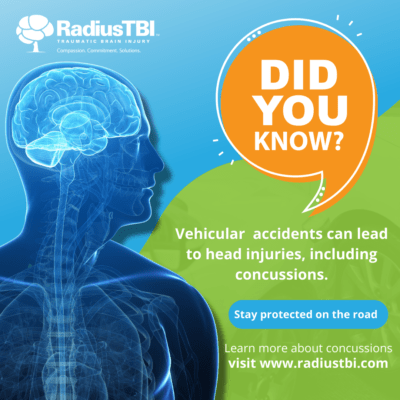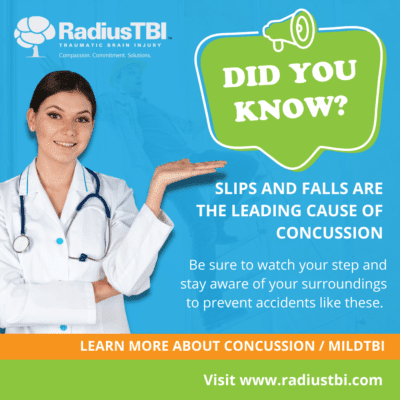WHAT HAPPENS TO THE BRAIN DURING A CONCUSSION OR AFTER CAR CRASH?
Slips & Falls, Car Crash & Accidental Contact Are The Main Causes Of Concussion
Concussions are serious business from a traumatic injury to the brain caused by excessive force applied to your head or a sudden change in direction.
The CDC estimates motor vehicle crashes are the second most frequent cause of all TBI-related hospitalizations, equating to 20% of patients. Motor vehicle crashes were the leading cause of death for persons aged 15-24, 25-34, and older adults aged ≥75 years. Due to the fact you are moving at such high velocity while driving, the abrupt stoppage of a car crash causes your brain to crash forwards as well.
After the initial impact, your brain can rebound in multiple directions and contact the insides of your skull. It is this contact that creates bruising and the potential for brain damage. The best way to know is to have a professional perform a screening to see if you exhibit the symptoms of a traumatic brain injury.
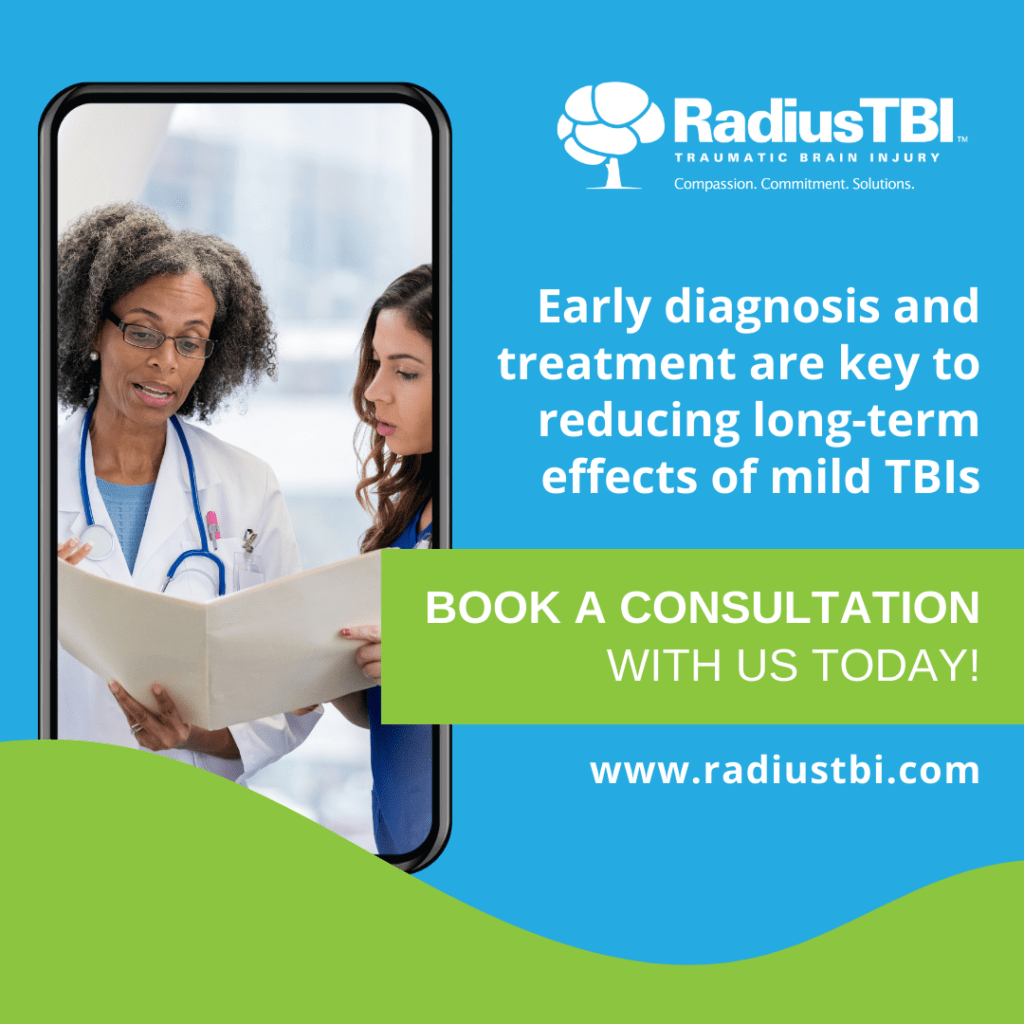
Immediate Symptoms Of Concussion
One signifier of a serious concussion is a sudden loss of consciousness. You might not experience this, or you may not even realize that you have been unconscious. This is your brain’s response to the traumatic event, and there are a range of additional primary side effects you can look for to determine if someone has suffered a concussion:
Physical symptoms: most commonly, headache, dizziness, visual changes, ringing in the ears, and loss of sense of smell/taste.
Cognitive: memory loss, feeling in a fog, loss of attention/focus
Emotional: depression, anxiety, anger, feeling emotional
Sleep: difficulty going to sleep or staying asleep.
Long-Term Effects Of Concussion
Several hours or days after the traumatic event is when more serious injuries have the opportunity to take place. It has become clear that acting quickly and with serious preventative measures is the only way to reduce long-term brain damage. This damage can present itself in the form of permanent behavior and emotional changes, as well as potentially altering your brain’s biochemistry.
The troubling part is that you might not experience the primary symptoms that would alert you that you have a concussion. You don’t need to be an athlete to suffer a concussion and some slips and falls. Even a solid bump on the head can potentially cause brain damage. You might also believe that ‘it’s just a headache, and headaches always go away, but if a concussion goes untreated, there could be serious lasting damage that slowly surfaces, and by then, it’s too late.
The CDC estimates motor vehicle crashes are the second most frequent cause of all TBI-related hospitalizations, equating to 20% of patients. Motor vehicle crashes were the leading cause of death for persons aged 15-24, 25-34, and older adults aged ≥75 years. Due to the fact you are moving at such high velocity while driving, the abrupt stoppage of a car crash causes your brain to crash forwards as well.
After the initial impact, your brain can rebound in multiple directions and contact the insides of your skull. It is this contact that creates bruising and the potential for brain damage. The best way to know is to have a professional screen to see if you exhibit the symptoms of a traumatic brain injury.
Immediate Symptoms Of Concussion
One signifier of a serious concussion is a sudden loss of consciousness. You might not experience this, or you may not even realize that you have been unconscious. This is your brain’s response to the traumatic event, and there are a range of additional primary side effects you can look for to determine if someone has suffered a concussion:
Physical symptoms: most commonly, headache, dizziness, visual changes, ringing in the ears, and loss of sense of smell/taste.
Cognitive: memory loss, feeling in a fog, loss of attention/focus
Emotional: depression, anxiety, anger, feeling emotional
Sleep: difficulty going to sleep or staying asleep.
Long-Term Effects Of Concussion
Several hours or days after the traumatic event is when more serious injuries have the opportunity to take place. It has become clear that acting quickly and with serious preventative measures is the only way to reduce long-term brain damage. This damage can present itself in the form of permanent behavior and emotional changes, as well as potentially altering your brain’s biochemistry.
The troubling part is that you might not experience the primary symptoms that would alert you that you have a concussion. You don’t need to be an athlete to suffer a concussion and some slips and falls. Even a solid bump on the head can potentially cause brain damage. You might also believe that ‘it’s just a headache, and headaches always go away, but if a concussion goes untreated, there could be serious lasting damage that slowly surfaces, and by then, it’s too late.
Blogs
Recent Blogs

Meet Our No.1 Best Neuropsychologist in Tampa, FL Location
At Radius TBI, we pride ourselves on providing exceptional care for individuals suffering from traumatic brain injuries (TBI) and concussions. Our integrated medical team in Tampa, FL, includes some of the most respected and experienced professionals in the field, ensuring
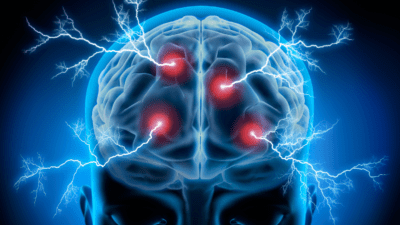
Understanding Routine EEG, QEEG, and Ambulatory EEG Tests
EEG, QEEG, and Ambulatory EEG are distinct forms of electroencephalography, each serving unique purposes in the diagnosis and monitoring of neurological conditions.
Blogs
Recent Blogs
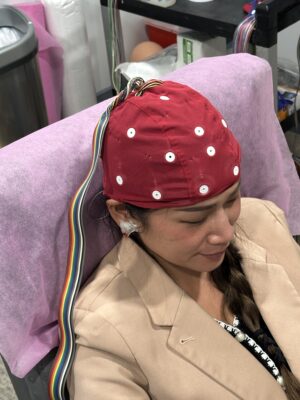
In the world of neuroscience, one of the advanced tools used to understand brain function is the Quantitative Electroencephalogram (QEEG), often referred to as brain mapping. But who interprets these intricate brain maps, and why is their expertise crucial?

Meet Our No.1 Best Neuropsychologist in Tampa, FL Location
At Radius TBI, we pride ourselves on providing exceptional care for individuals suffering from traumatic brain injuries (TBI) and concussions. Our integrated medical team in Tampa, FL, includes some of the most respected and experienced professionals in the field, ensuring comprehensive and personalized care for each patient. One such esteemed professional is Dr. John J. Dabrowski, a board-certified neuropsychologist renowned for his expertise in neuropsychological assessments and cognitive function.
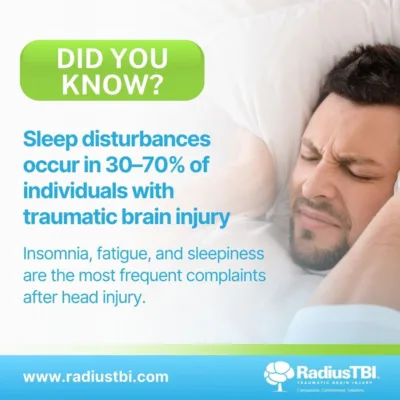
Did you know? Dealing with a traumatic brain injury (TBI) often means navigating a range of complications, one of the most prevalent being sleep disturbances. Surprisingly, 30-70% of individuals with a TBI experience some form of sleep disruption according to a study published on NCBI.

Understanding Routine EEG, QEEG, and Ambulatory EEG Tests
EEG, QEEG, and Ambulatory EEG are distinct forms of electroencephalography, each serving unique purposes in the diagnosis and monitoring of neurological conditions.
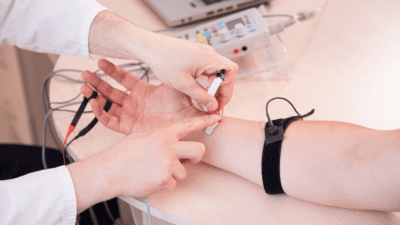
A Deep Dive into Electromyography (EMG Test): Decoding the Language of Muscles and Nerves
Electromyography (EMG) is a diagnostic procedure that plays a crucial role in unraveling the intricacies of the neuromuscular system. By measuring the electrical activity within muscles and the nerves controlling them, EMG provides valuable insights for the diagnosis and management of various neuromuscular disorders.
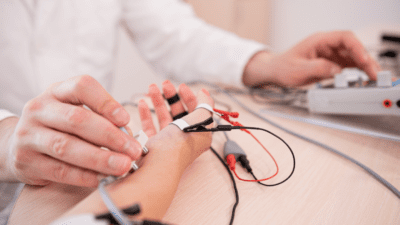
Precise Diagnostics, Proactive Care: Nerve Conduction Velocity NCV Testing Solutions in Florida
The Nerve Conduction Velocity (NCV) test is a diagnostic procedure designed to assess the speed at which electrical impulses travel along nerves. This test is an integral component of neurophysiological studies, providing crucial insights into the functioning of the peripheral nervous system.

Your Comprehensive Guide to Seeking the Right Car Accident Injury Doctors in Florida
Car accidents can be life-altering events, leaving victims with not only physical injuries but also emotional trauma. It’s crucial to take the right steps after a car accident, especially if you suspect internal brain injury or concussion. In Florida, where roadways are bustling, understanding the appropriate medical care and contacting the right professionals is paramount.
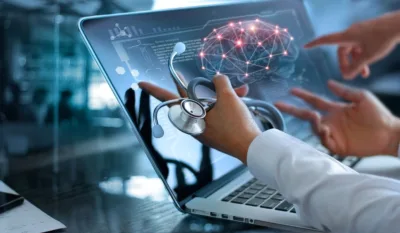
New Revolutionizing Mild Cognitive Impairment Research
Our groundbreaking study on Mild Cognitive Impairment (MCI) is reshaping the landscape of neurological research. Dive into the complexities of the brain as we unveil the potential of the Oculomotor, Vestibular, and Reaction Time (OVRT) assessment in providing objective insights into MCI.

The Critical Role of Emergency Medicine in Treating TBIs: Dr. Chern’s Impact on TBI Treatment
Uncover the critical role of an emergency medicine physician like Dr. Chern in rapidly assessing, stabilizing, and coordinating care for Traumatic Brain Injury patients.

Meet our best Psychologists in Broward County, FL Location
This blog will highlight a group of exceptional psychologists – Dr. Ann Marie Paolino, Dr. Beatriz Amador, and Dr. Esther L. Misdraji – who specialize in helping TBI patients recover their lives. These dedicated professionals know the significance of psychological support in the healing process and are making a significant difference in the field.
